One of the typical stories introduced at the discussion session on “Technology creating breakthroughs in green transformation and sustainable development in the smart era” was the initiative of Vambo AI – a startup originating from South Africa and Kenya. Vambo AI has developed a platform that uses AI to translate text and voice into more than 40 indigenous African languages, helping information about smart agriculture, clean water or healthcare reach people in their own language.
 |
Vambo AI app screenshot. |
“This is a way to respect, include and empower communities with their own languages, from access to education to essential information,” said Marie Louise Pollmann-Larsen, research leader at Skylab University.
“What makes Vambo AI special is that they combine cutting-edge AI technology and ethics in development, with a special focus on unbiasedness, respect for local cultures, and limiting uncontrolled AI learning,” she also emphasized.
In Vietnam, another initiative that made a strong impression at P4G 2025 was the sand battery - an energy storage solution using hot sand. This idea was developed by Alterno, an energy technology startup.
Sand batteries are currently being used in tea, snack, and coffee processing factories - using excess heat from electricity to dry products, thereby saving costs and reducing greenhouse gas emissions.
 |
Alterno's Sand Battery Application Factory Model. (Photo: HAI YEN) |
According to Mr. Nguyen Tan, Alterno representative: “Sand batteries are not a new product. In Europe, they are used for heating purposes. But in Vietnam, the product we created is probably the first sand battery in the world applied to drying industrial and agricultural products”. This model is helping many food processing enterprises to transform towards energy saving and emission reduction.
The inspiring stories of Vambo AI and sand batteries are just two of the many examples that show the immense potential of technology – especially AI – in the journey towards a sustainable future. However, for these initiatives to go beyond just experimental models and become scalable and have a lasting impact, it is essential to build a comprehensive supporting ecosystem.
Building an ecosystem to support green transformation
Speaking at the conference, Minister of Science and Technology Nguyen Manh Hung emphasized: “Green transformation is a long journey. We need a comprehensive green ecosystem: green institutions, green infrastructure, green human resources, green data, green culture and especially green technology.”
According to the Minister, AI is becoming the new key to Vietnam's development, but the core is that AI must empower humans - not replace them. "Artificial intelligence must make humans smarter. That is the number one requirement," Minister Nguyen Manh Hung concluded.
 |
Minister of Science and Technology Nguyen Manh Hung speaks at the discussion on Technology creating breakthroughs in green transformation and sustainable development in the smart era. (Photo: DUY LINH) |
Sharing the same view with Minister Nguyen Manh Hung, Kenyan Defense Minister Soipan Tuya shared experiences from Kenya - where many AI applications are being deployed to serve sustainable development goals.
“The national power company KenGen has used AI-powered smart grids to balance geothermal and wind energy. We also use AI to forecast floods, monitor deforestation, and support a 15 billion tree planting program in 10 years,” said Soipan Tuya.
Industries can use digital technology to decarbonize by optimizing energy use – producing the same output with less energy, says Soipan Tuya.
 |
Kenyan Defense Minister Soipan Tuya speaks at the discussion on Technology for Green Transformation and Sustainable Development in the Smart Era. (Photo: DUY LINH) |
Ms. Tuya also called for cooperation: “Governments, startups, entrepreneurs and innovators need to join forces for a fair and sustainable green transition in the age of artificial intelligence that we are living in.”
Participating in the dialogue, Mr. Kyu Tae Park, CEO of Avalve, also emphasized the role of public-private partnership as a key factor in realizing the vision of a smart economy.
According to Mr. Kyu Tae Park, in the context of Vietnam's increasingly aging rural workforce, the transition from the traditional farming model, which depends on experience and labor, to the data agriculture model is urgent.
 |
Delegates share their opinions at the discussion on Technology to create breakthroughs in green transformation and sustainable development in the smart era. (Photo: DUY LINH) |
“With more than 70% of Vietnam’s population working in agriculture, this is the sector that needs the most drastic transformation,” said Kyu Tae Park, citing the technology-driven vertical farm model that saves up to 90% of water, eliminates soil pollution and enhances food security.
“AI and robots will help Vietnamese agriculture not only increase productivity but also prepare for sustainable exports in the future,” Mr. Kyu Tae Park affirmed.
It is clear that green transformation is not only about changing technology, but also about changing development thinking, living patterns and consumption patterns. When technology is led by and serves people, it not only supports, but can also accelerate the entire society to move faster towards a sustainable future.
Source: https://nhandan.vn/cong-nghe-thay-doi-cuoc-choi-trong-hanh-trinh-huong-den-phat-trien-ben-vung-post873198.html


![[Photo] "Lovely" moments on the 30/4 holiday](https://vstatic.vietnam.vn/vietnam/resource/IMAGE/2025/5/1/26d5d698f36b498287397db9e2f9d16c)
![[Photo] Ha Giang: Many key projects under construction during the holiday season](https://vstatic.vietnam.vn/vietnam/resource/IMAGE/2025/5/1/8b8d87a9bd9b4d279bf5c1f71c030dec)

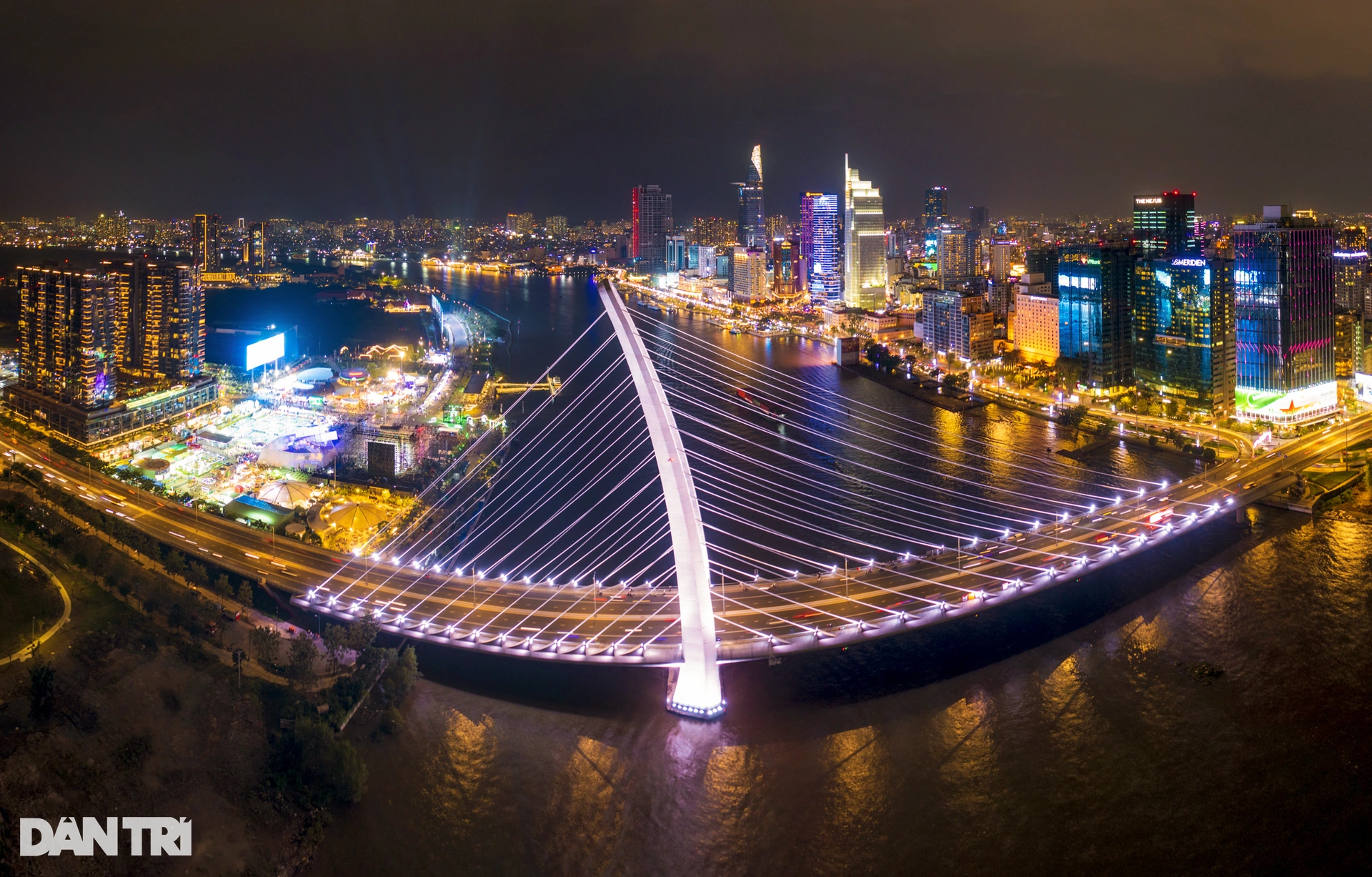

![[Photo] Binh Thuan organizes many special festivals on the occasion of April 30 and May 1](https://vstatic.vietnam.vn/vietnam/resource/IMAGE/2025/5/1/5180af1d979642468ef6a3a9755d8d51)
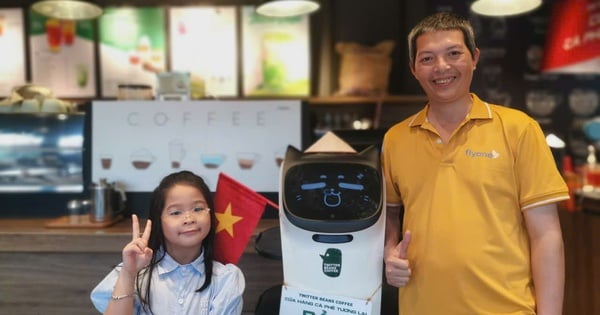
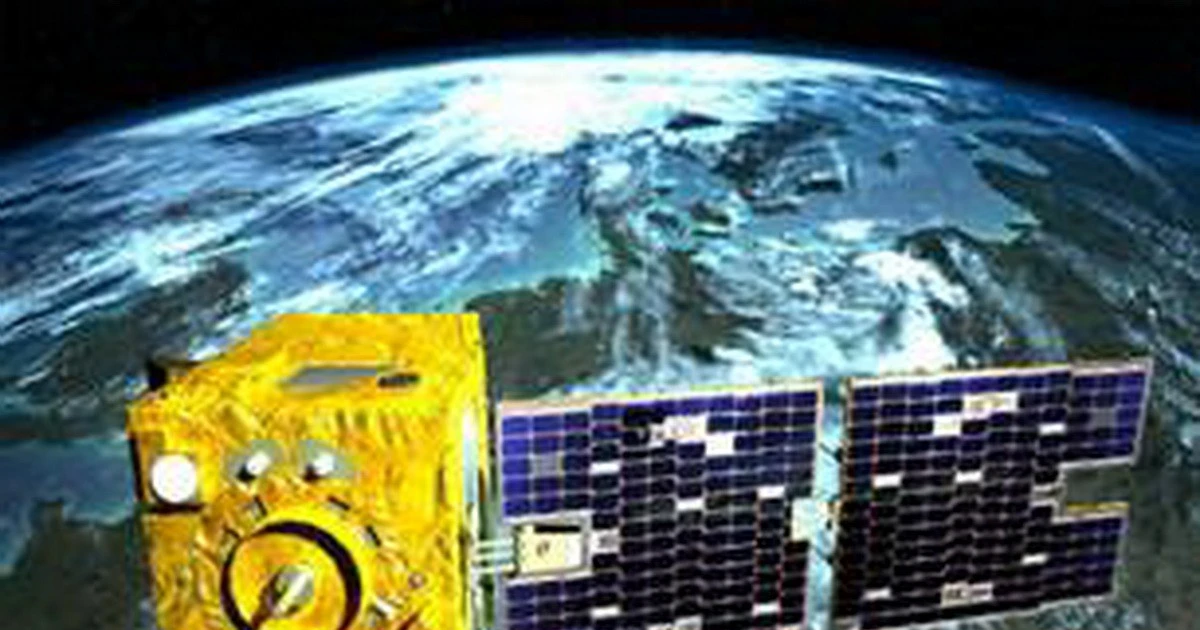


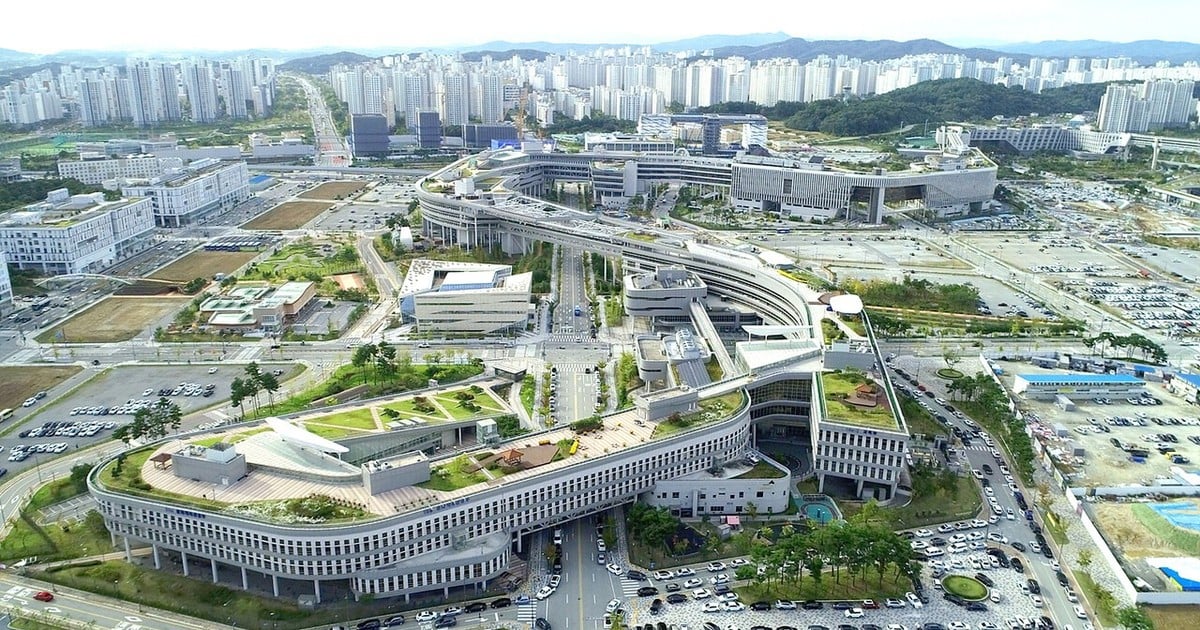



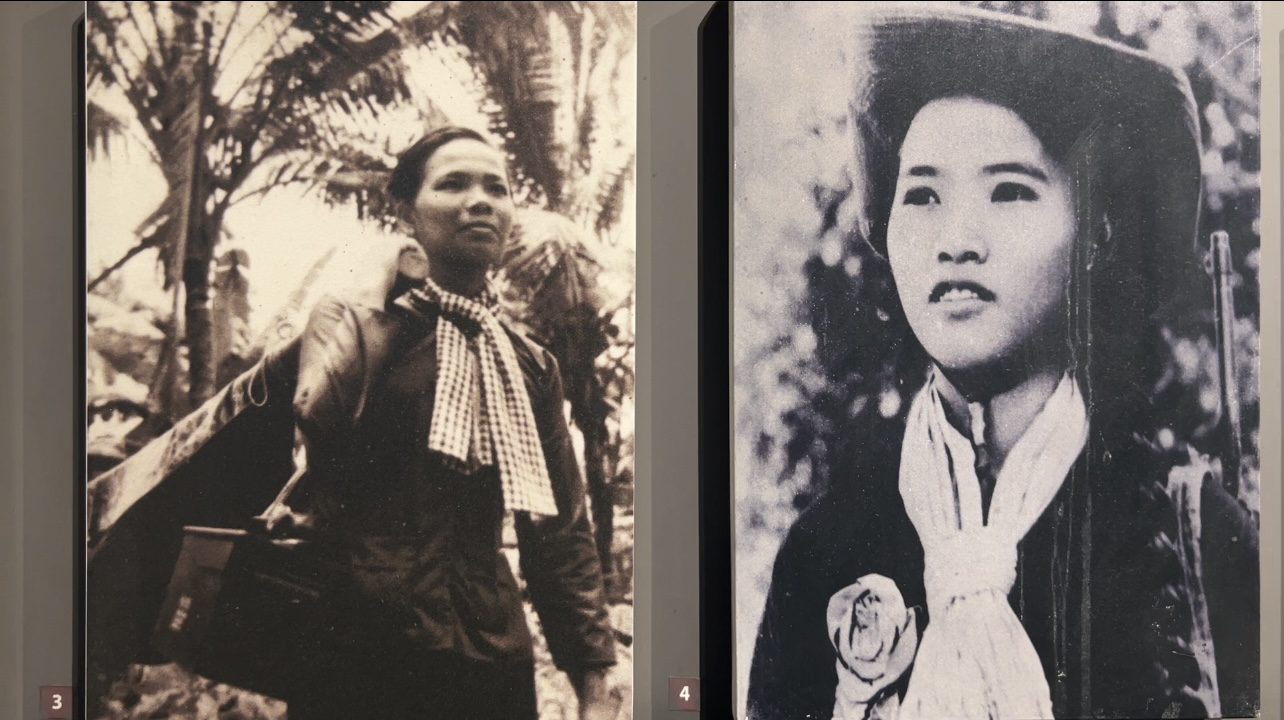


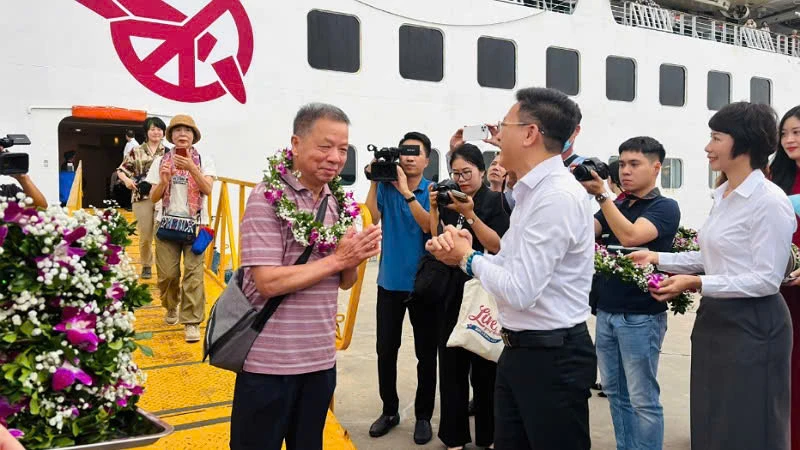
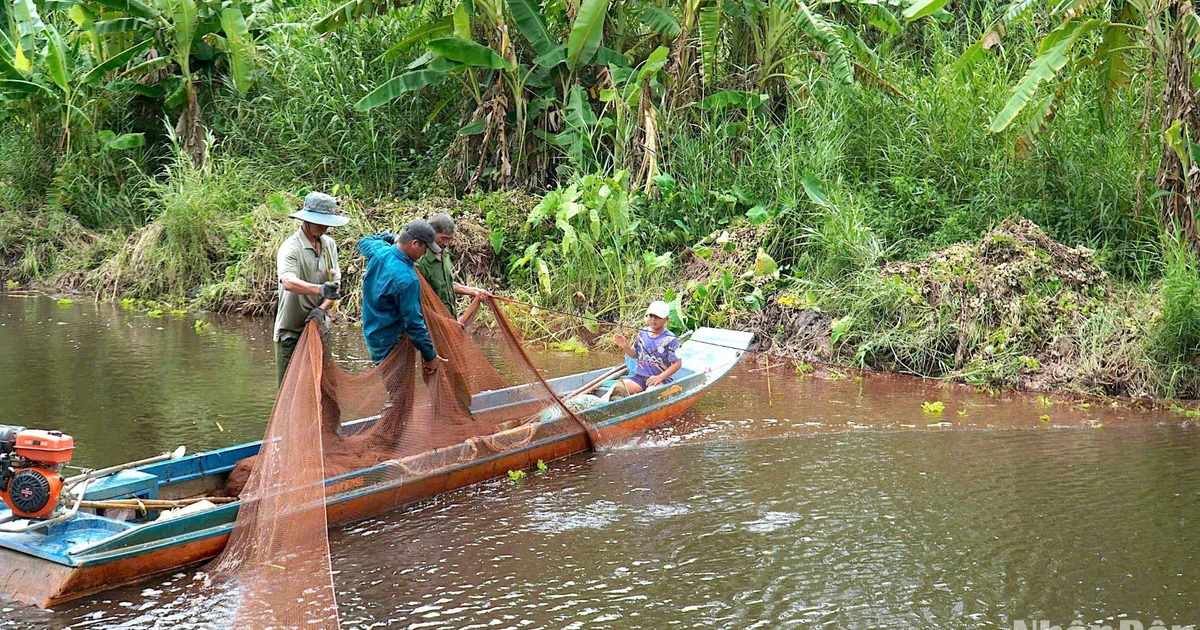



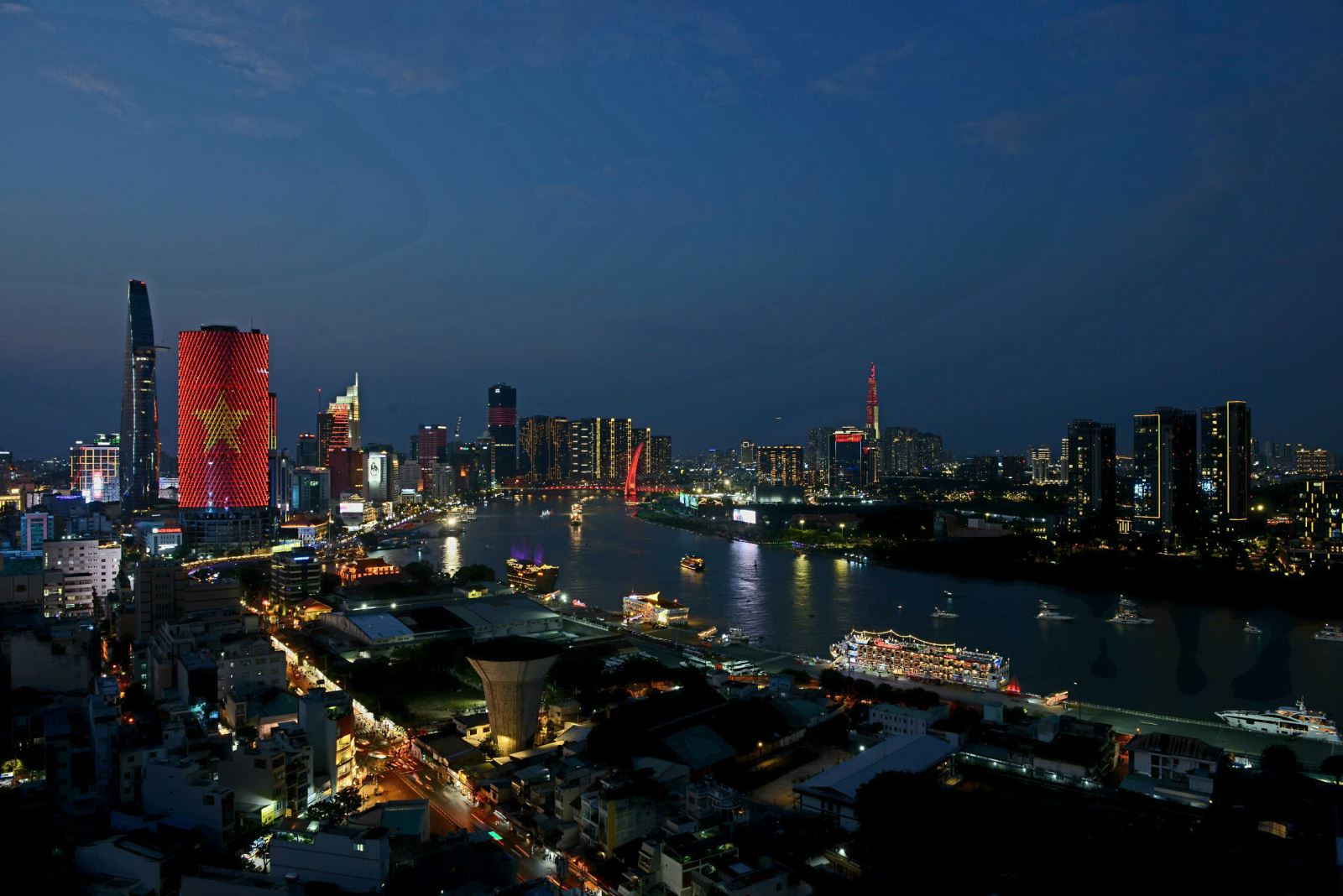


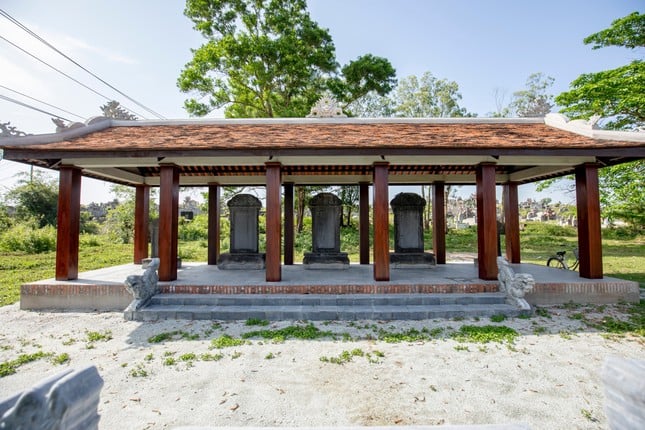








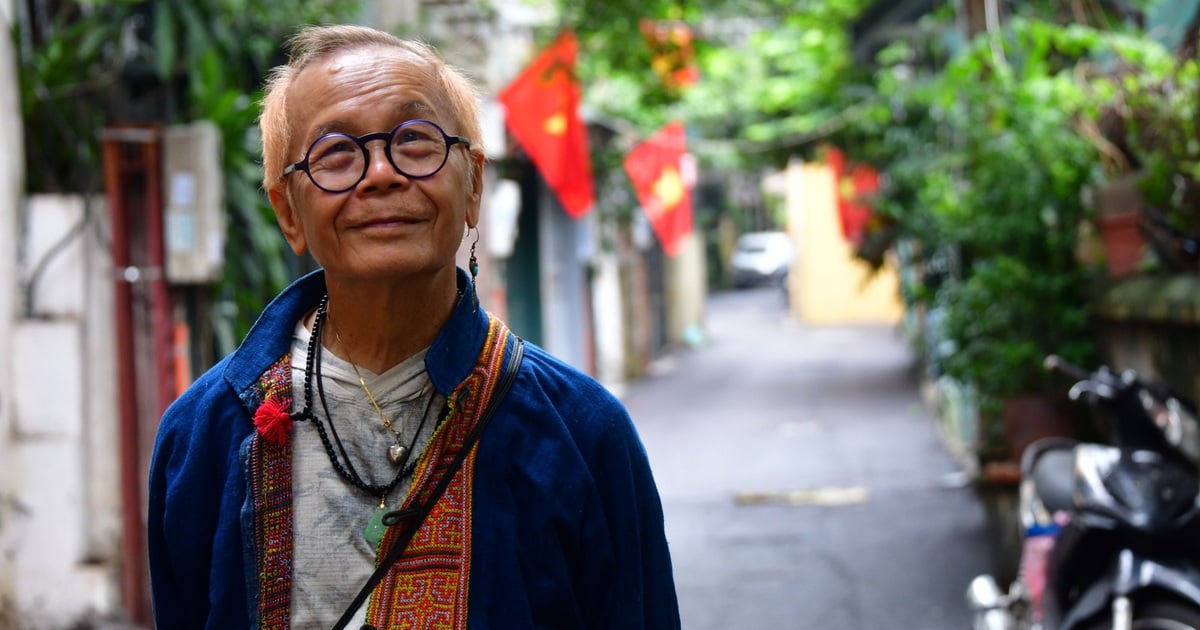






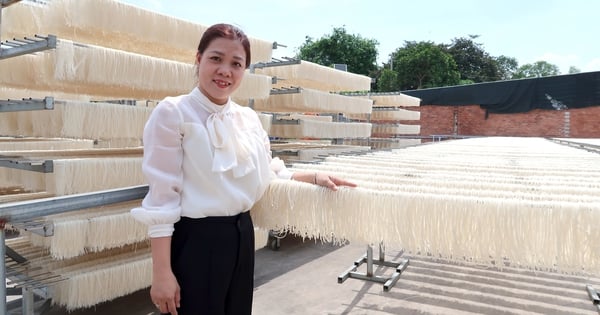














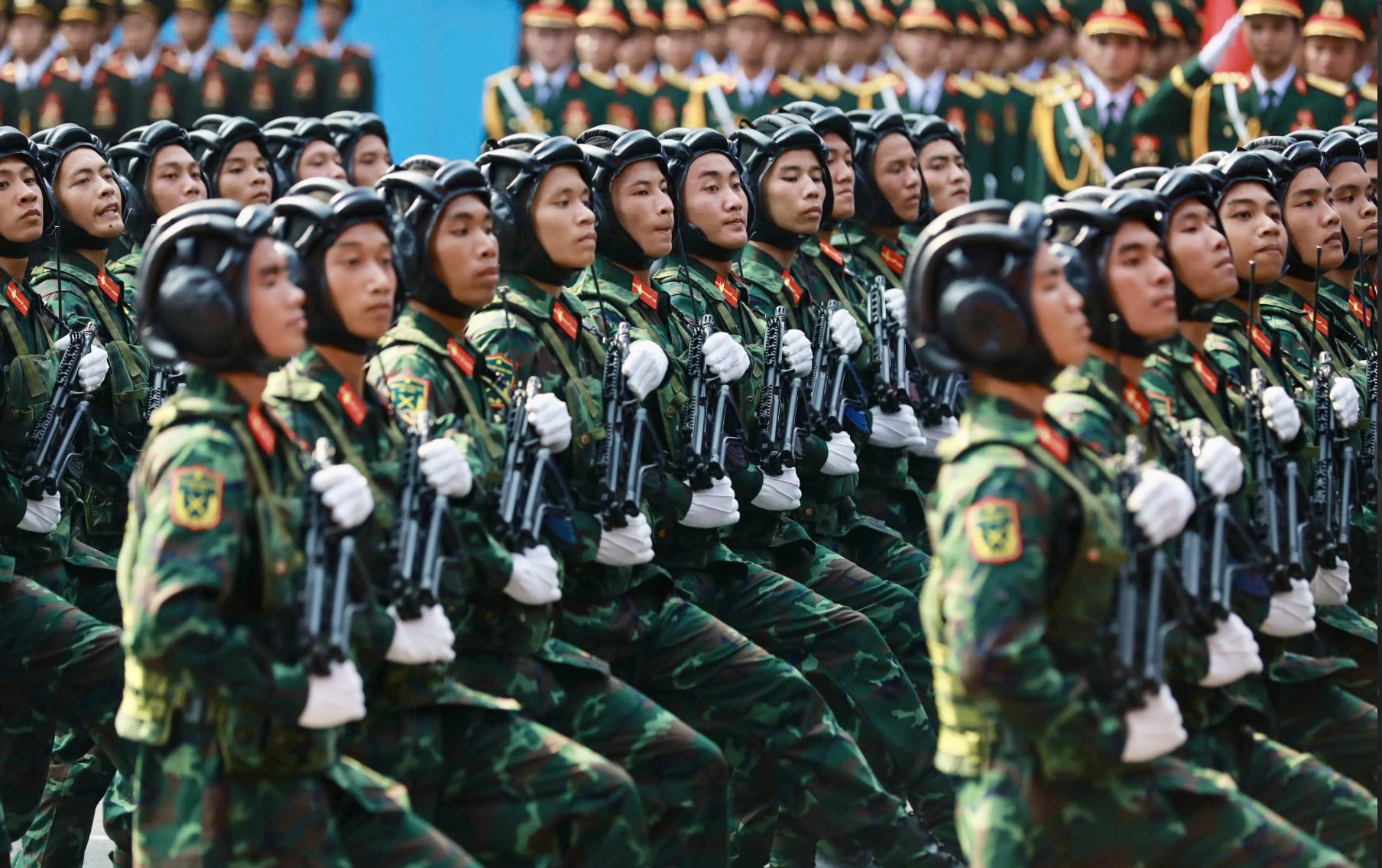














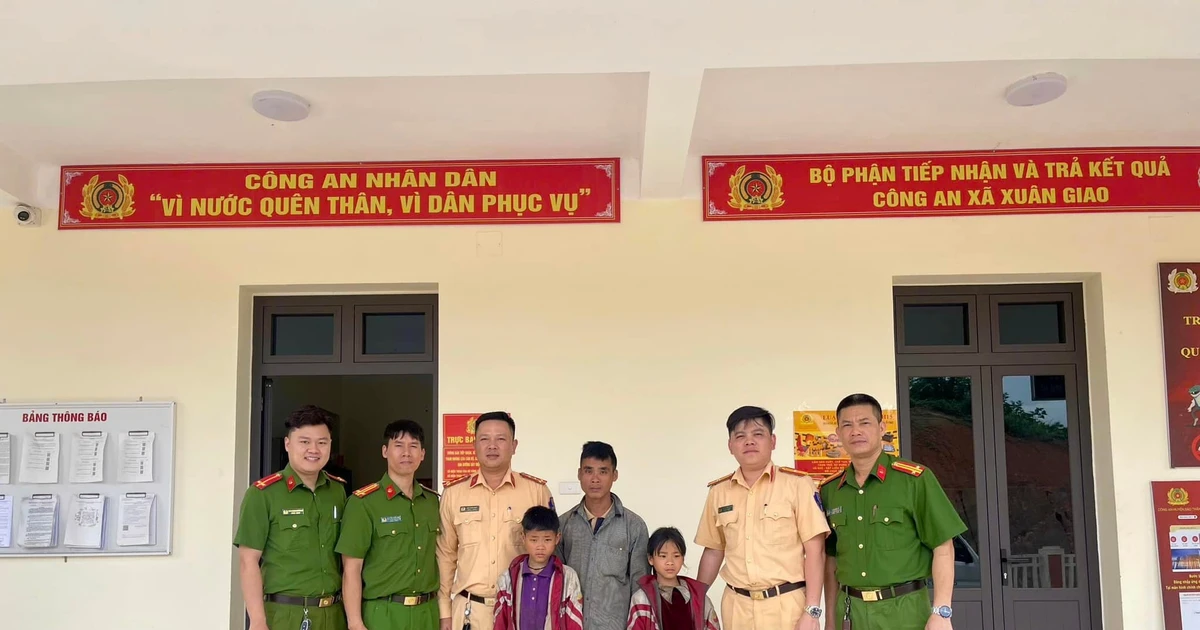




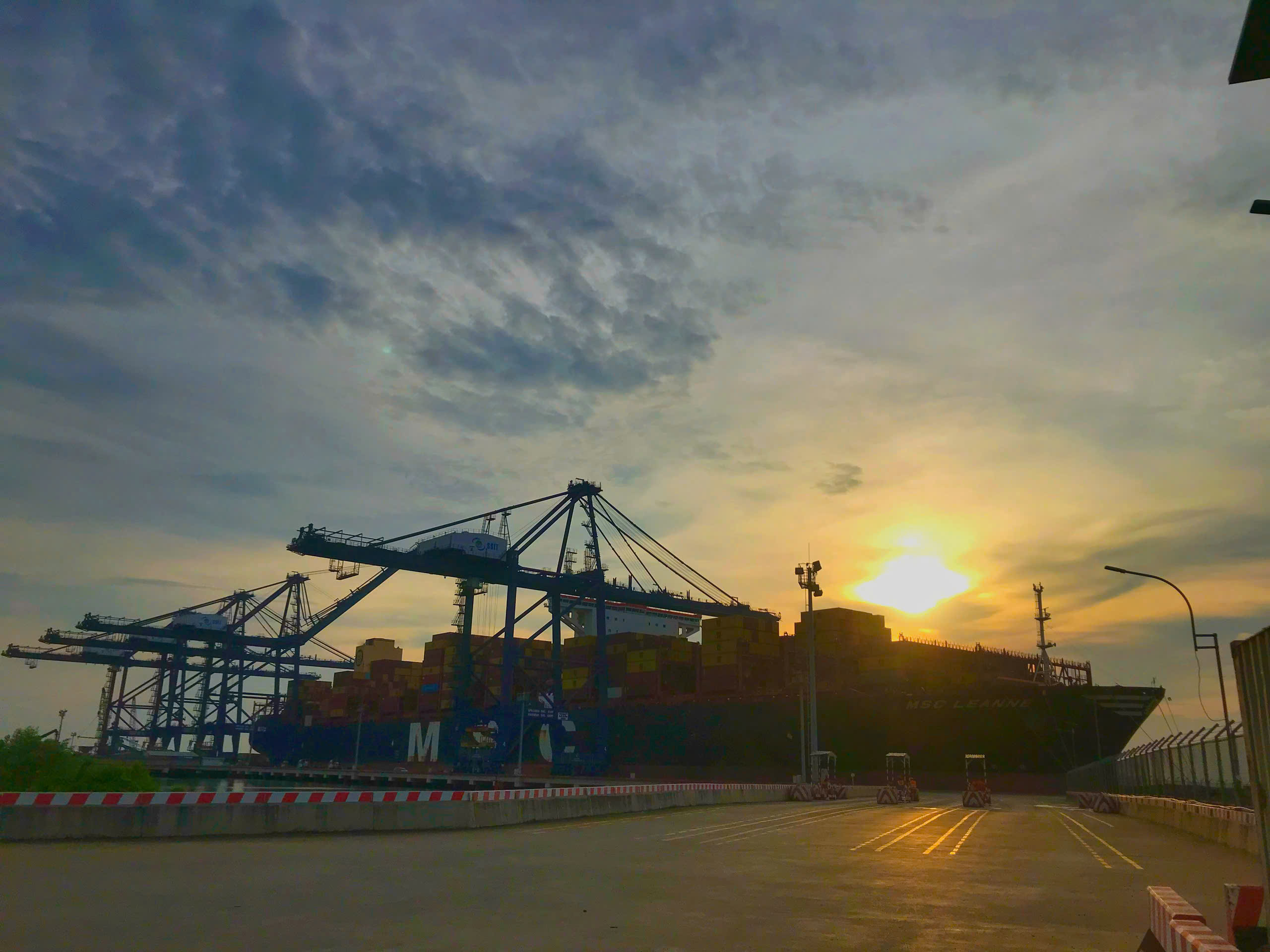

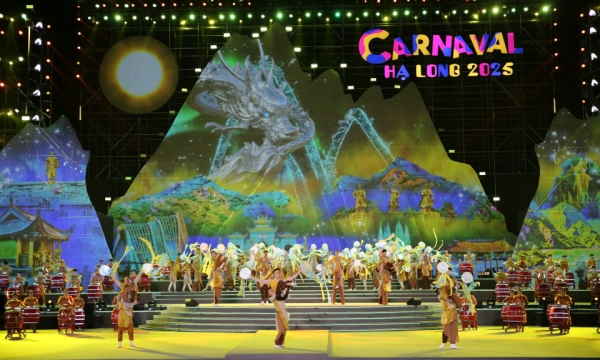







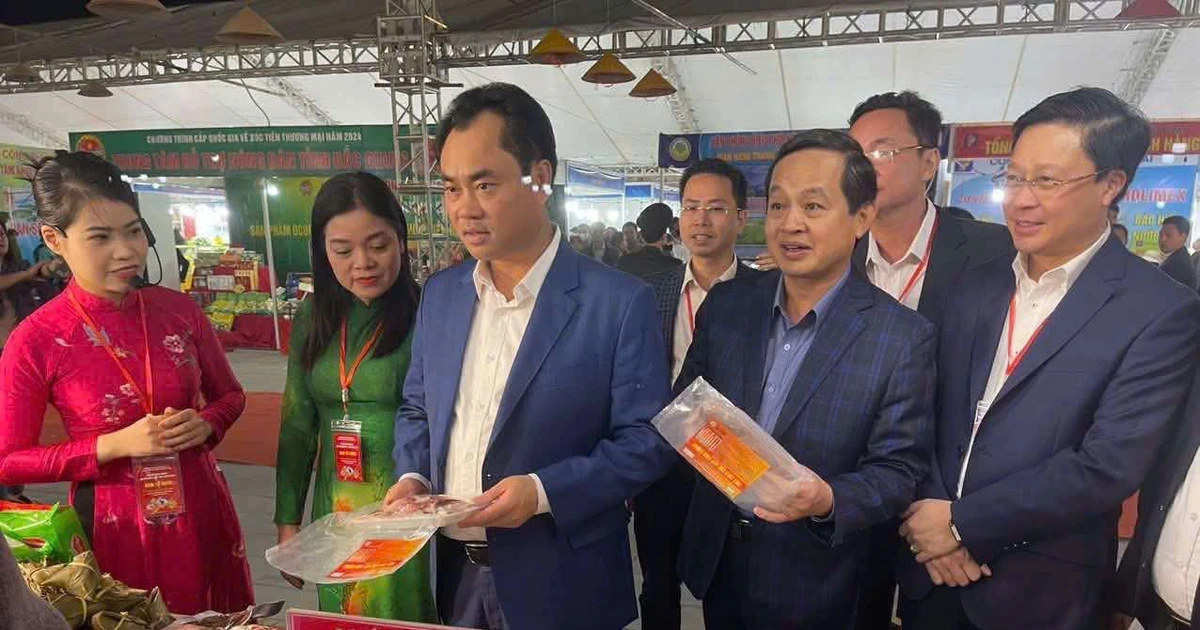



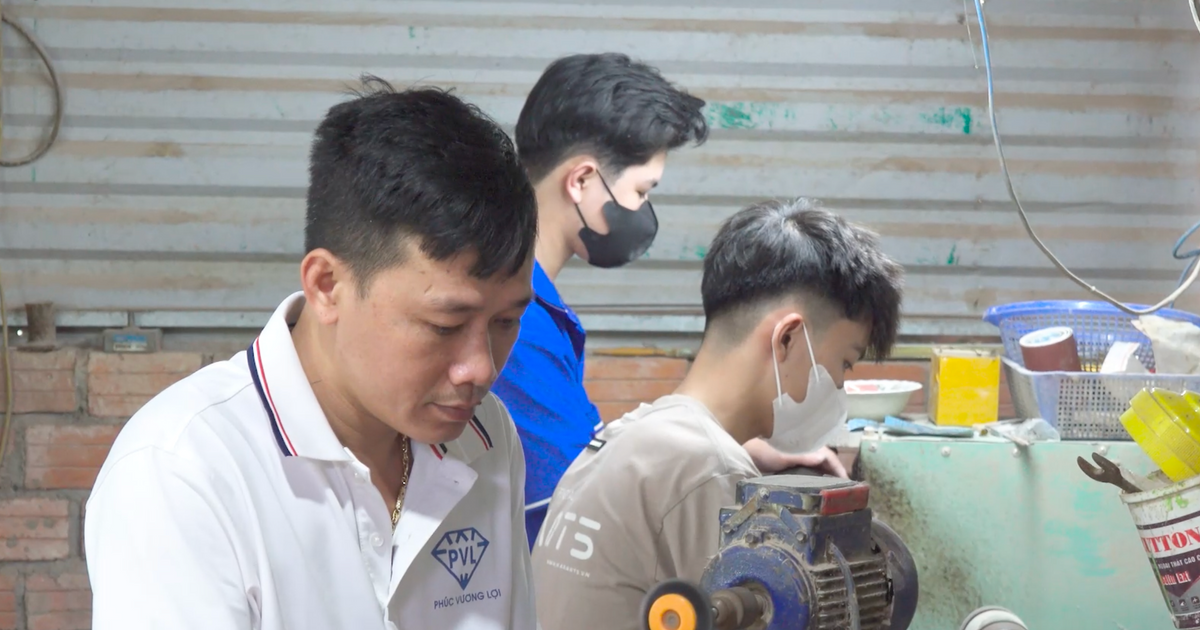

Comment (0)